Straight-Cut Gears: The Advantages And Disadvantages
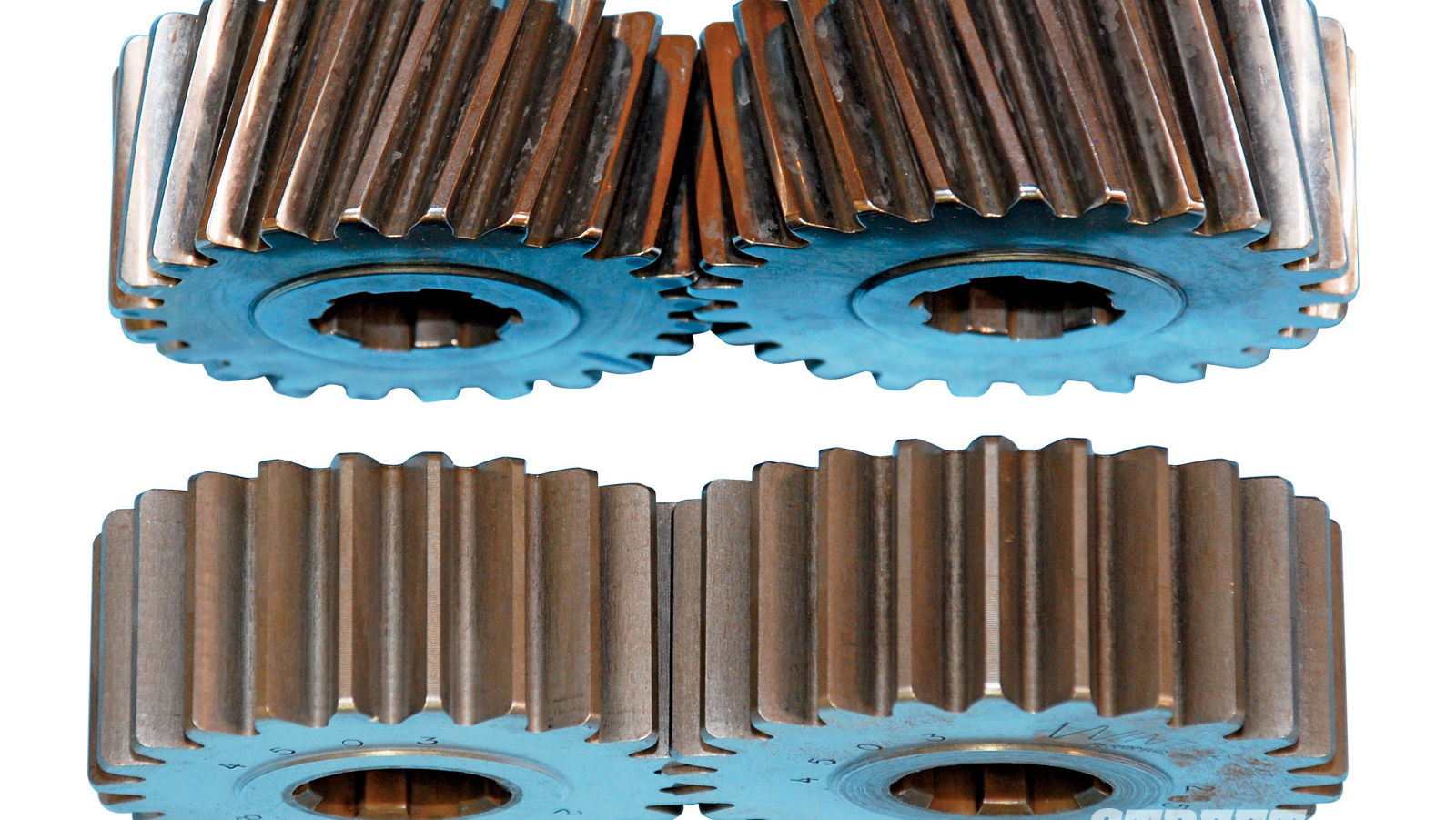
Straight-cut gears are an interesting alternative to the conventional gearboxes you and I will know, often found only in race cars. They’re known for their distinctive scream and being quite tricky to master, and realistically, they're something most of us will never have the pleasure of trying out. What exactly are they, though, and why are they so common in motorsport?
What are straight-cut gears?
As the name suggests, the actual teeth of the gears point straight out from the centre point of the gear instead of forming a helical shape like standard gears in almost every other road car on the planet. Instead of the teeth curling nicely in a spiral format around the centre axis of the gear, they protrude outwards; more like the sprocket on a motorbike.
How do they work?
The main advantage of using straight-cut gears is that they produce no axial load. This ‘thrust force’ is generated by the sliding contact between the teeth of helical gears. This lateral force is applied to the input shaft of the gearbox, which in front-wheel drive configurations will then convert through to the driveshafts. This greatly restricts the amount of torque that can be applied through the gears before failures on other components occur.
So, straight-cut gears effectively allow much larger powertrains to be placed in a vehicle without risking the output shafts and other bearings tearing themselves apart, in theory improving the reliability of the transmission itself.
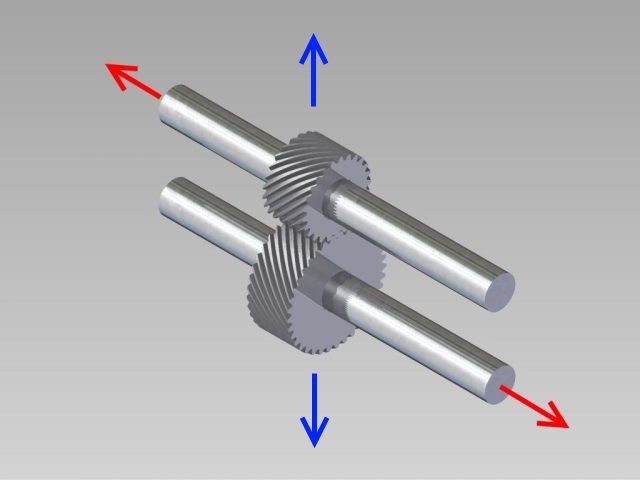
Are there any other advantages and disadvantages?
A straight-cut transmission is inherently more efficient than a helical gearing system. The axial load produced by helical gears only detracts from the output energy from the transmission along with an increase in friction and therefore losses of energy due to heat.
Straight-cut gears are also much easier to assemble and produce less catastrophic failures when they do go wrong due to their simple structure. Heavy-duty transmission casings and shafts have to be used with helical gears for the transmission to cope with the additional axial load, therefore straight-cut gears save heaps of weight which is extremely important in a motorsport setup.
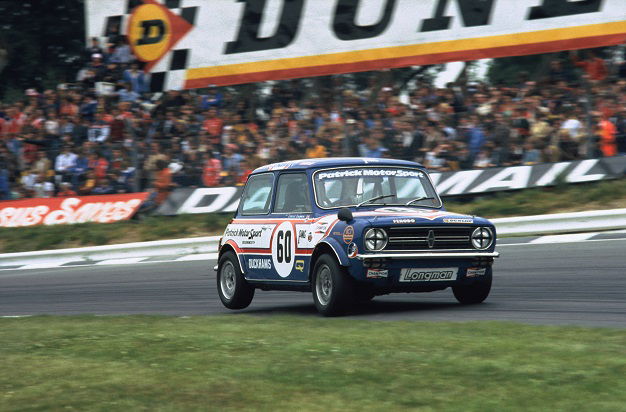
Drawbacks come in the shape of their convenience and operation. They naturally create a hell of a lot of noise; helical gears mesh together in small segments at a time while straight-cut teeth are in contact with each other fully and for a longer period of time which makes for a very distinctive whine. The operation of the gears is also fairly brutal when straight-cut; the gears appear to ‘slam’ into place after each change and can make pulling away smoothly or getting a decent launch difficult.
Technically, on a tooth versus tooth comparison, a helical gear can carry a larger load seeing as it is diagonally positioned on the gear (assuming tooth size is equivalent). This means that it distributes the forces being applied to it much more efficiently compared to a weaker, vertical tooth.
We wouldn’t rush onto eBay to look for a straight-cut gearing conversion for your daily driver, but it’s certainly something to think about if you have a spare track day weapon.
Updated in June 2024 by Ryan Hirons
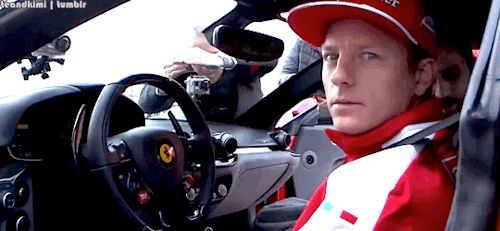
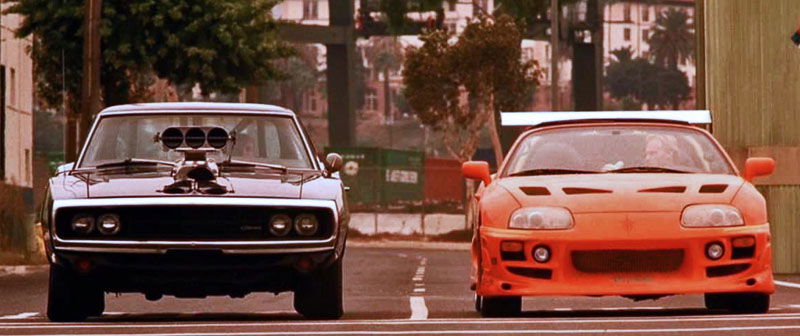






Comments
Great post mate :))
Whether the gears are straight cut or helical has no effect on how the car shifts. It’s the shifting system that determines how the shifting happens. You can have the “slambox” a.k.a dog-engaged gearbox with helicals or you can have a smooth synchrobox with straight cut gears, and vice-versa.
Reason why most of the straight cut gears use dogboxes is because straight cut gears are pretty much only used in motorsports, where a synchrobox would be pointless, so they are always accompanied with the dogbox.
Add supercharger : whine for days
RIP Headphone users
I remember seeing in a forum somewhere, a guy asking what the sound was. There was a consensus that it was the turbo.
I agree with one of these points shifting a straight gear is sometimes like getting slapped in the face
Driven a car with one of those. Impossible to drive without a helmet, sadly. The ferocity and brutality of the thing is a bit overplayed though, it’s not THAT bad to shift.
Is that BMW really quick or are the other cars going backwards?
Here is mine, with Colotti straight-cut gear set. Was giving me headache from loud sound and now by needing to fix 3rd gear… Good stuff for track car, no doubt about it.
When I saw the article I was thinking about this video then I saw it posted
Pagination